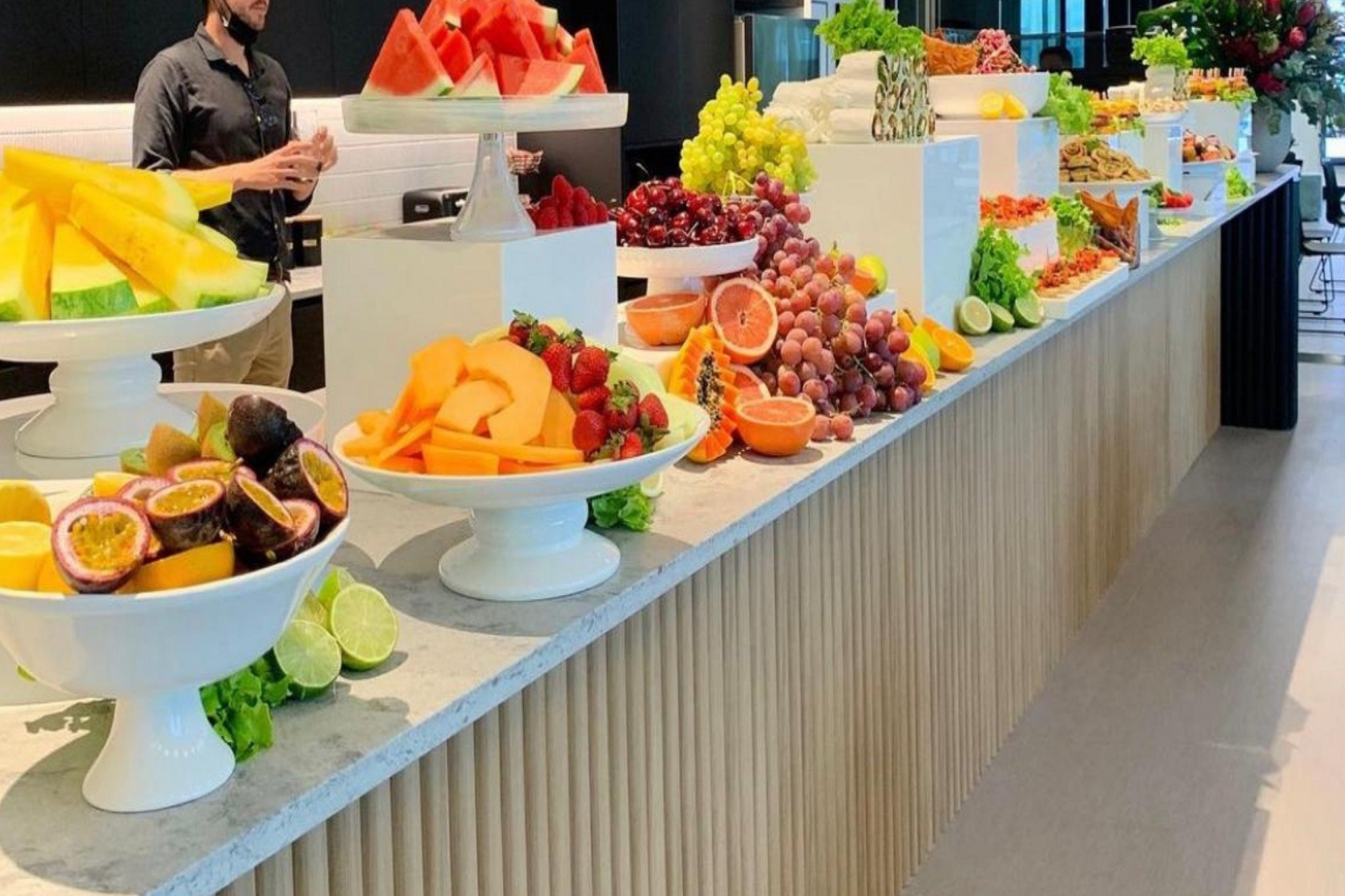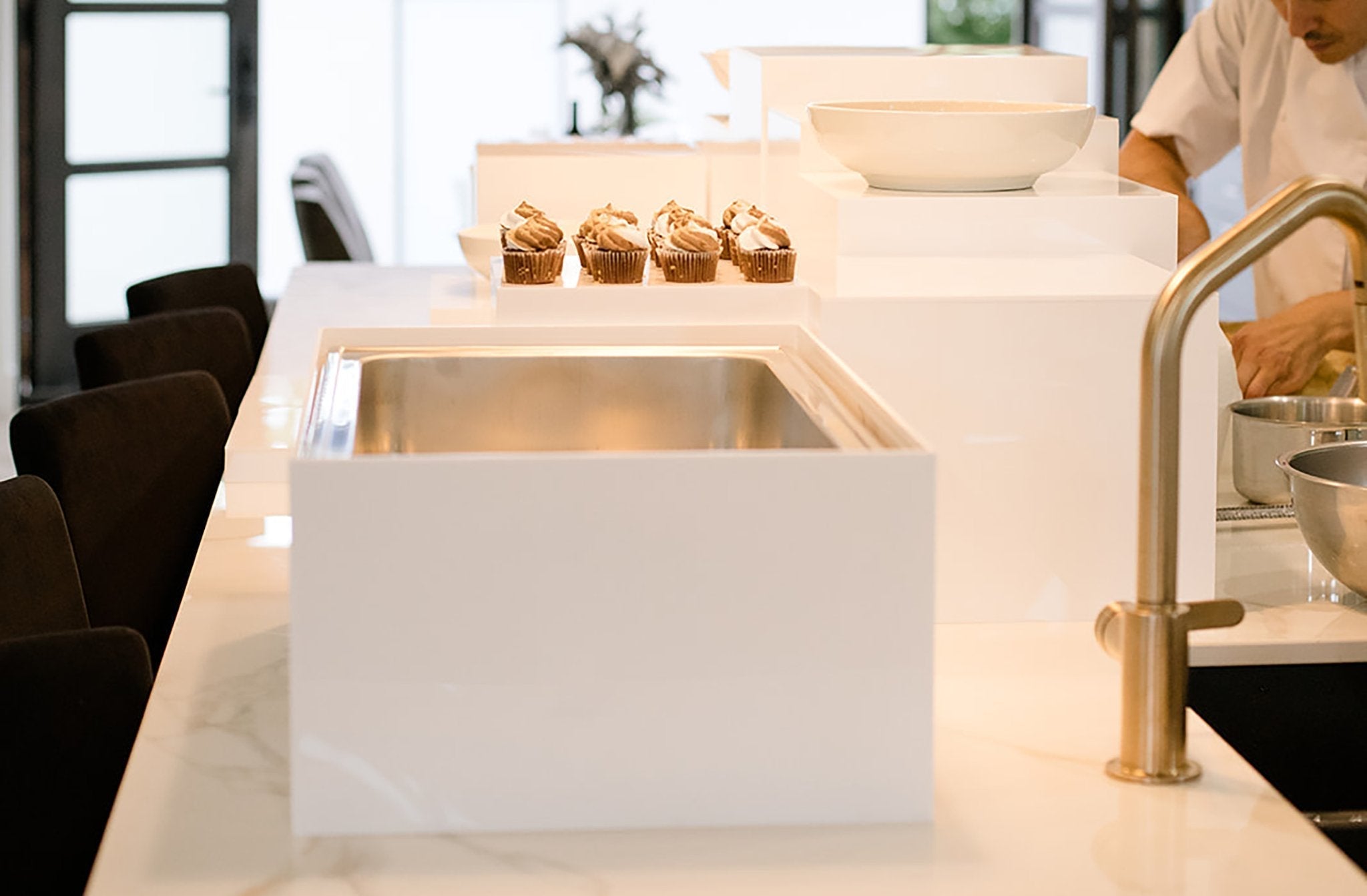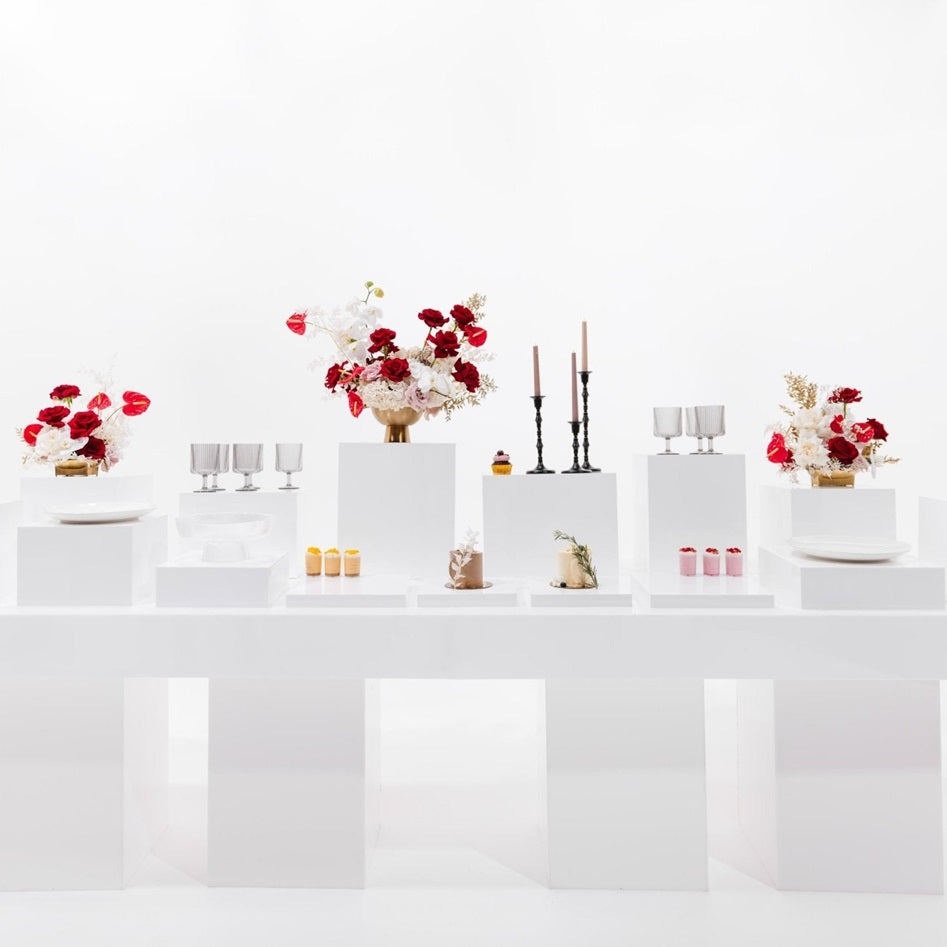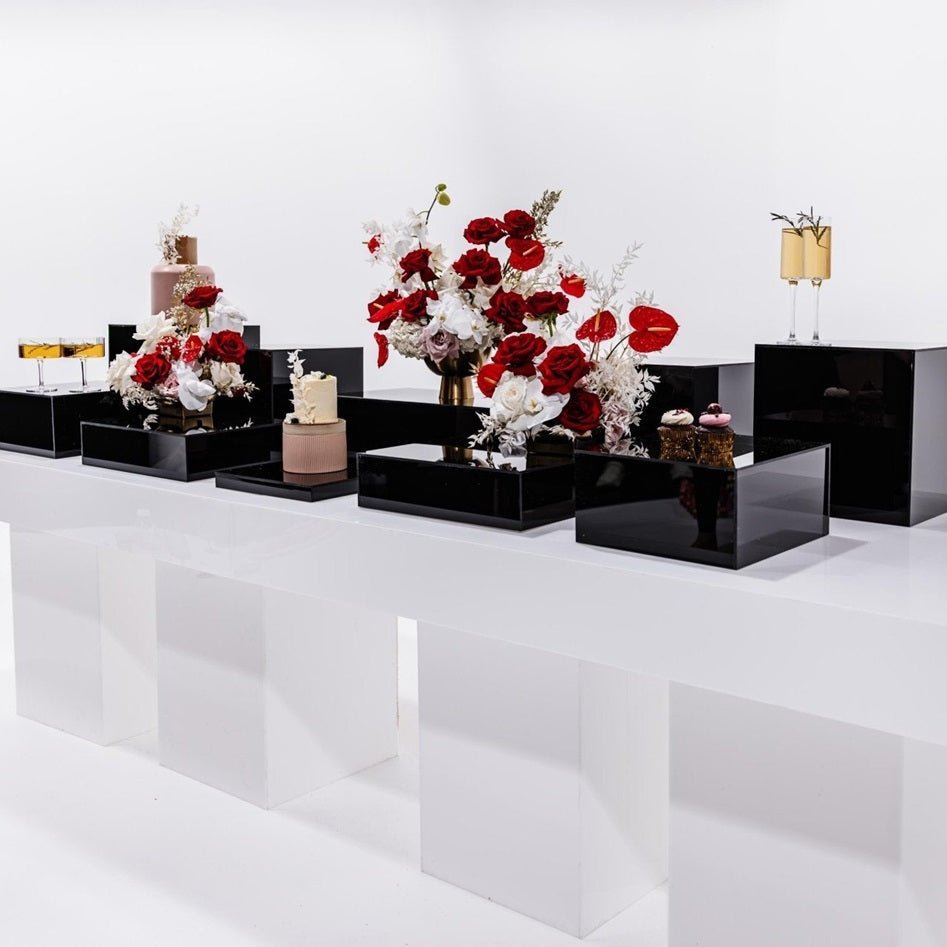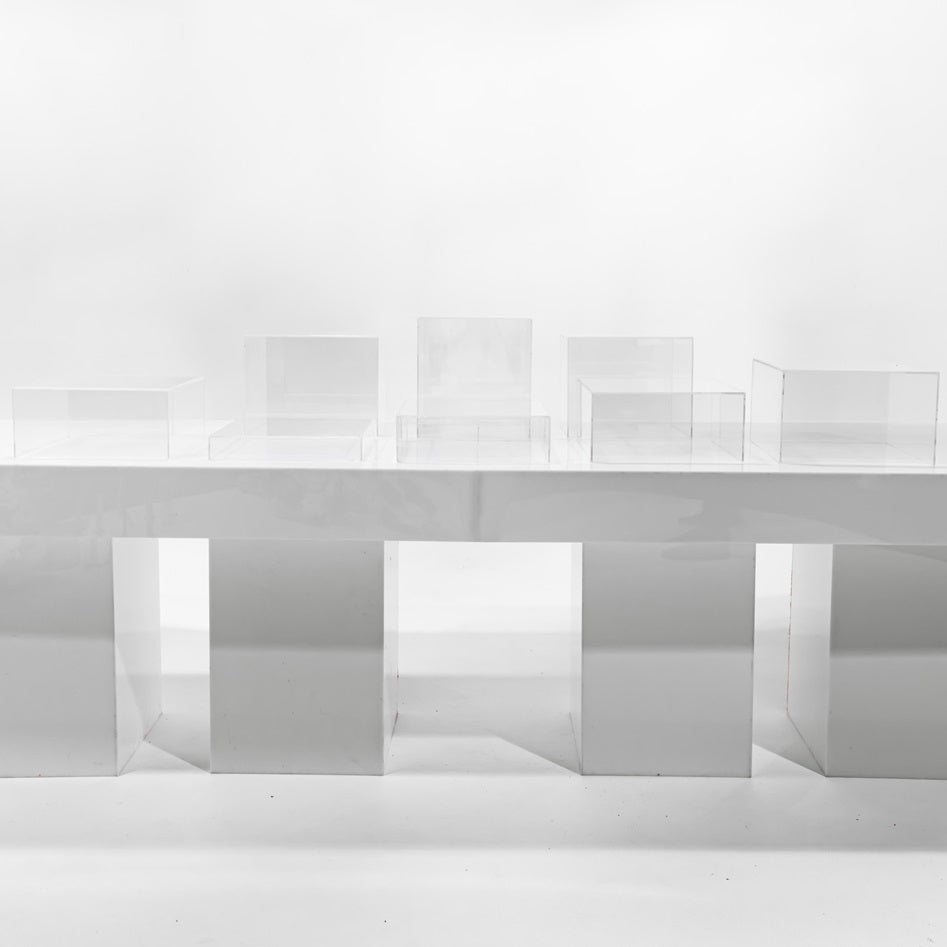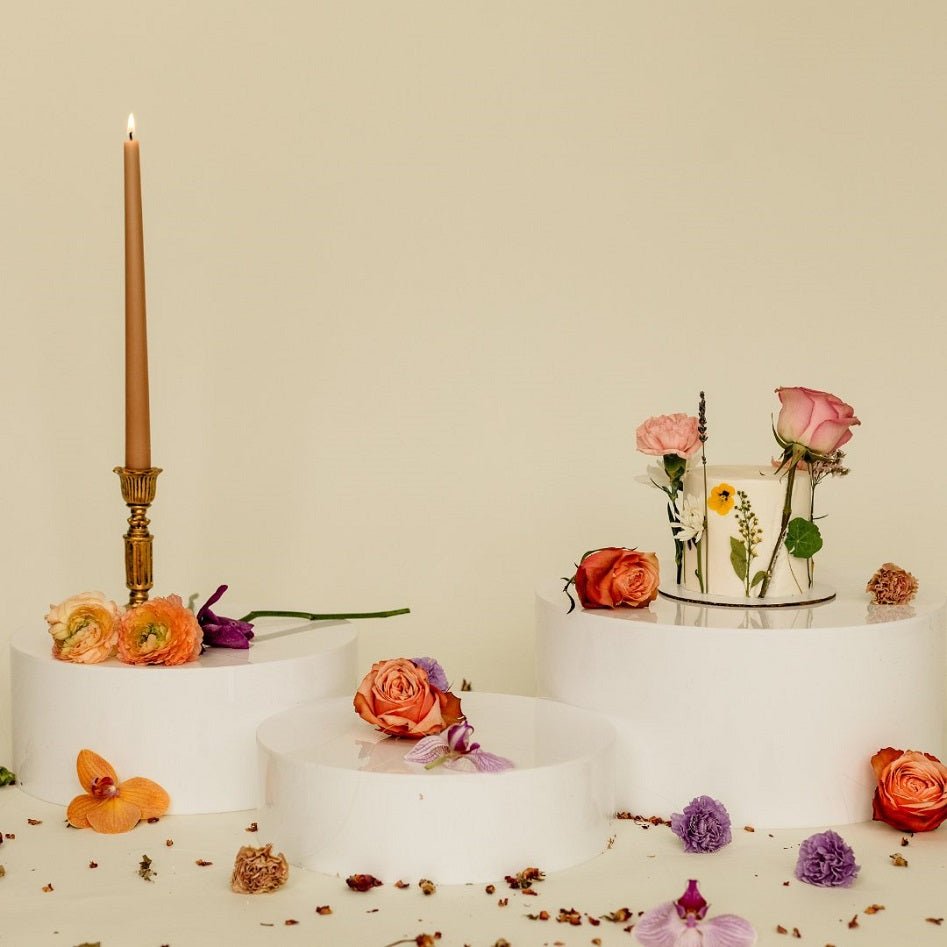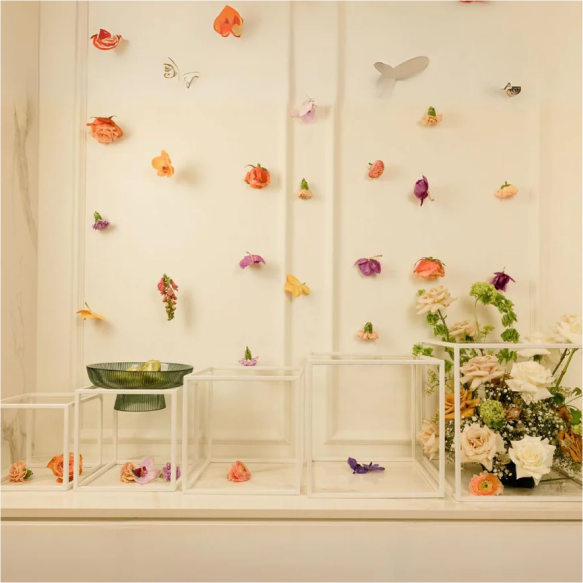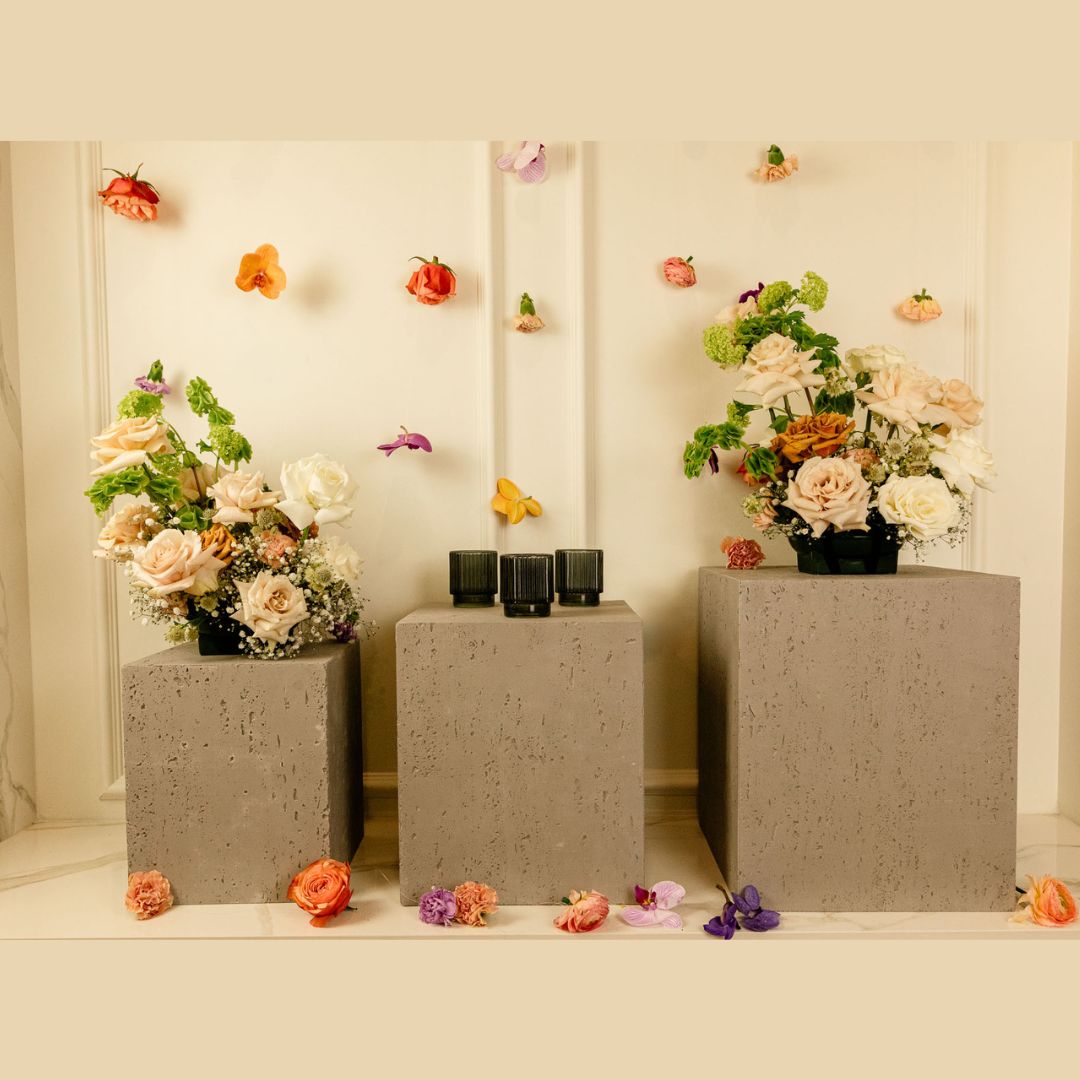The Best Chafing Dish Setups for Elegant Buffets and Grazing Tables
When it comes to serving hot food at large-scale events, few tools are as iconic—or essential—as the chafing dish. It’s a staple at weddings, galas, buffets, and catered events for good reason. But beyond function, the right chafing dish setup can elevate the visual appeal of your entire buffet. In this guide, we answer top questions about chafing dishes and introduce a stylish solution from Plinths New York that adds sophistication to your setup.
Why Do They Call It a Chafing Dish?

The term “chafing” comes from the French word chauffer, which means “to warm.” A chafing dish is specifically designed to keep food warm over a gentle heat source—traditionally using a water bath heated by fuel or electricity. The name reflects its purpose rather than how the food is cooked.
What Is Another Name for a Chafing Dish?
While “chafing dish” is the most common term, you might also hear them referred to as:
-
Buffet warmer
-
Food warmer station
-
Bain-marie (in French culinary terminology)
-
Hot serving tray (in casual settings)
Each term implies the same essential function: keeping food warm without continuing to cook it.
How Long Can Food Be in a Chafing Dish?
Food can remain in a chafing dish for up to four hours—as long as it stays above 140°F (60°C) to meet food safety standards. After that, freshness and texture may begin to degrade, and there’s a risk of bacterial growth if the temperature drops.
Tips for longevity:
-
Preheat both the water pan and the food pan
-
Keep lids closed as much as possible
-
Use high-quality chafer fuel or electric heating elements
Can You Bake Directly in a Chafing Dish?
No—chafing dishes are not designed for baking or high-heat cooking. Their purpose is to hold and warm food that has already been cooked. If you need to bake a dish, do so in the oven first, then transfer it into the chafer for serving.
Materials like stainless steel or ceramic inserts can withstand some heat, but direct baking in a chafing dish is not recommended.
How Long Can Food Sit in a Chafing Dish?

While the USDA recommends discarding hot food after two hours if left under 140°F, using a properly functioning chafing dish can safely extend holding time up to four hours, provided the food remains above 140°F and is stirred occasionally.
For best results:
-
Keep an eye on temperature
-
Don’t mix old food with new refills
-
Swap out pans instead of topping them off
Upgrade Your Setup: Introducing Our Magnetic Chafing Dish Guards

Even with a well-designed chafing dish setup, keeping the food safe, warm, and visually polished can be a challenge. That’s why Plinths New York developed the Magnetic Chafing Dish Guard—a modern, functional solution for today’s luxury buffets.
Crafted from 6mm high-quality acrylic, this sleek piece features:
-
Magnetic latches for fast, seamless setup
-
Internal venting for optimal heat management
-
A modular corner latch to release extra heat
-
Designed to withstand heat from 70° to 90°C
Not only does it improve performance by retaining heat and protecting food from open air, but it also adds a sophisticated architectural detail to your buffet table.
Recommended for:
-
Weddings
-
Corporate Events
-
Birthday Parties
-
Baby Showers & Bridal Showers
-
Holiday Parties
-
Banquets & Galas
-
Catering Displays
-
Food Tastings & Launch Events
Pairing your chafing dish with our acrylic Magnetic Guard turns your buffet into a high-end experience that matches both the practical and visual demands of professional events.
From understanding the basics of chafing dishes to enhancing your setup with modern accessories, your buffet presentation should be as thoughtful as your menu. Plinths New York helps event professionals and hosts deliver elevated dining experiences through innovative, design-forward products like the Magnetic Chafing Dish Guard. Explore our full collection to discover how you can transform your food service into a statement


